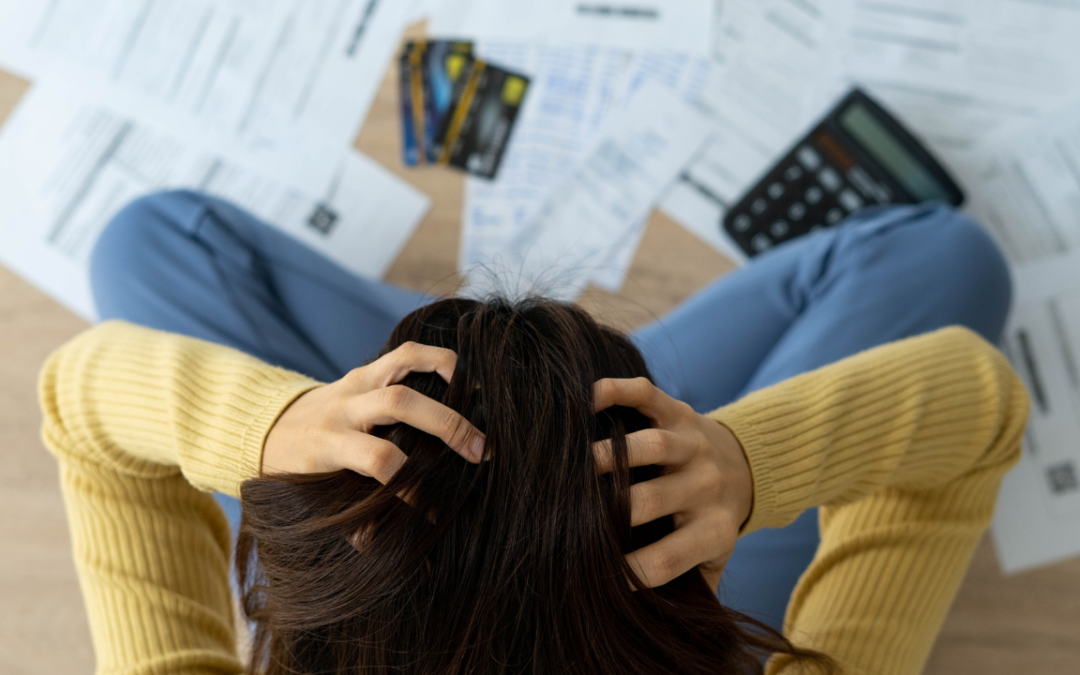Consumer debt—especially credit card debt—has become so normalized in today’s society that many people don’t even realize how damaging it is until they’re buried in it. Swiping a card feels easy and harmless in the moment, but that small purchase can turn into a mountain of debt when left unchecked. Credit card companies make it incredibly convenient to spend money you don’t have, but what they don’t advertise is how difficult it can be to climb out once you’re in.
The hard truth is that credit card debt is one of the most expensive forms of debt out there. With interest rates often hovering between 20% and 30%, your balance can balloon quickly, even if you’re only spending a few hundred dollars at a time. Making minimum payments barely touches the principal, meaning you could spend years paying off what started as one shopping spree or emergency expense. This creates a cycle where you’re constantly paying for your past rather than building your future.
On a practical level, credit card debt can impact nearly every area of your financial life. It can tank your credit score, making it harder to qualify for things like car loans, mortgages, or even certain jobs. It drains your monthly income, forcing you to allocate money toward interest payments rather than saving or investing. Worst of all, it robs you of your financial peace. That constant weight of owing money can lead to anxiety, shame, and a lingering sense of instability.
What’s Beneath Your Credit Card Problems?
Going into consumer debt isn’t just a financial issue—it’s often an emotional one. Credit card debt can be a sign of a broken relationship with money. Many people fall into the trap of using credit to fill emotional voids: shopping to cope with stress, spending to feel successful, or avoiding budgeting because it feels too overwhelming. In these moments, the problem isn’t just how much we’re spending—it’s why we’re spending.
If you truly want to manifest financial peace and abundance, you have to start with your mindset. You must be willing to take an honest look at your relationship with money, not just the numbers in your bank account, but the beliefs, habits, and patterns that guide your financial behavior. Do you avoid looking at your balance because it stresses you out? Do you tell yourself you’ll deal with it later? Do you feel unworthy of wealth or guilty when you have money?
Respect for Your Money and Yourself
The path to financial peace starts with financial kindness. That means treating the money you do have with respect and gratitude. It means creating a budget not as a punishment, but as a way to align your spending with your values. It means pausing before a purchase and asking, “Is this helping me move toward my goals or away from them?” When you begin to approach money with intention and care, it starts to work with you instead of against you.
Getting out of debt won’t happen overnight, but every small step matters. Start by tracking your spending, even if it feels uncomfortable. Create a repayment plan, even if it takes time. And most importantly, stop the cycle of shame. You are not your debt, but you are responsible for healing your financial habits. Forgive yourself for past mistakes and commit to moving forward with clarity and compassion.
Remember, manifesting abundance isn’t just about attracting more—it’s about managing and respecting what you already have. When you start showing up for your money in a loving, grounded way, the universe will meet you there. Peace doesn’t come from swiping your way to temporary satisfaction. It comes from the quiet confidence of knowing you’re in control—and that you’re building a future you can feel proud of, one intentional step at a time.
